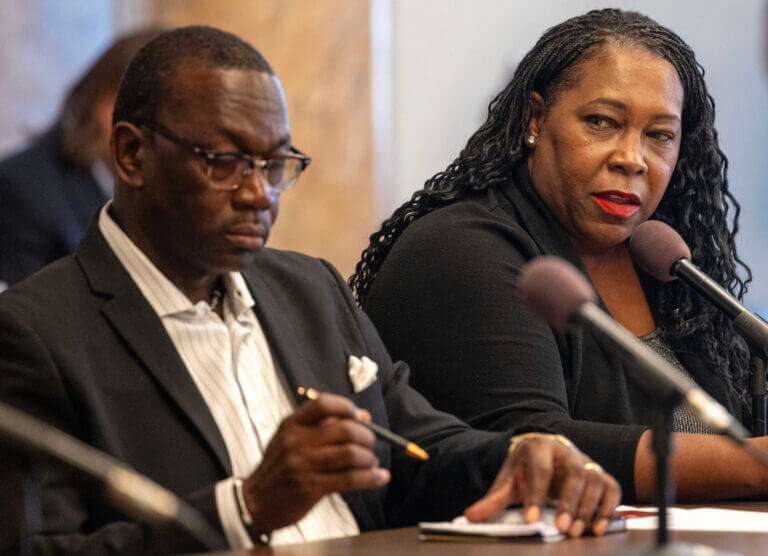
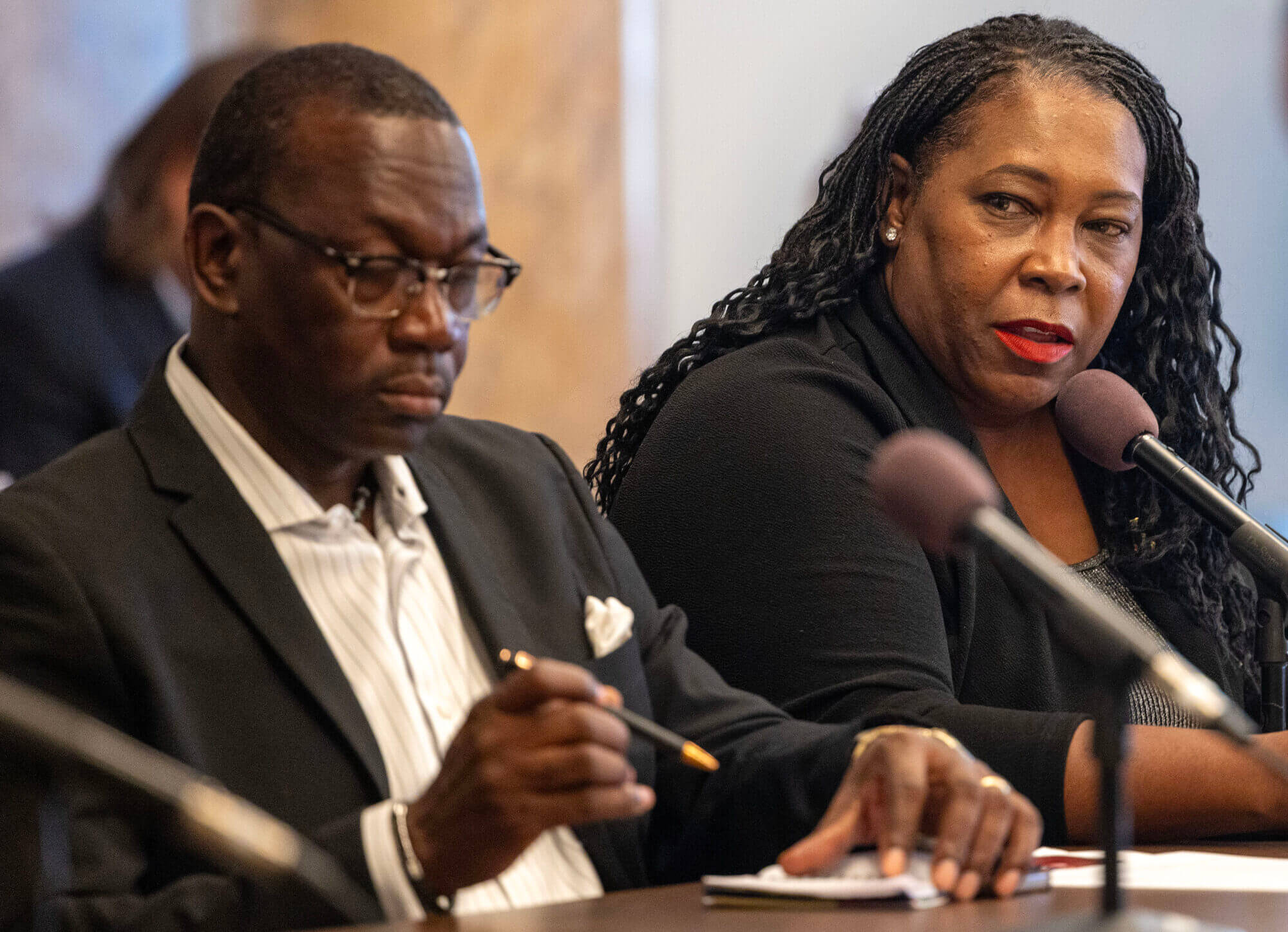
Mississippi women and their children will be among those most harmed by recent federal cuts to social safety net programs, according to policy experts.
Mississippi is one of the poorest and most federally dependent states, and President Donald Trump’s “One Big Beautiful Bill Act” includes the largest spending reductions to Medicaid and food assistance in history. Even sectors that don’t face direct cuts from the law, such as child care, will be heavily impacted by shifts in state budgets, experts say.
Women stand to lose the most from these changes, with effects on children, families, communities and businesses.
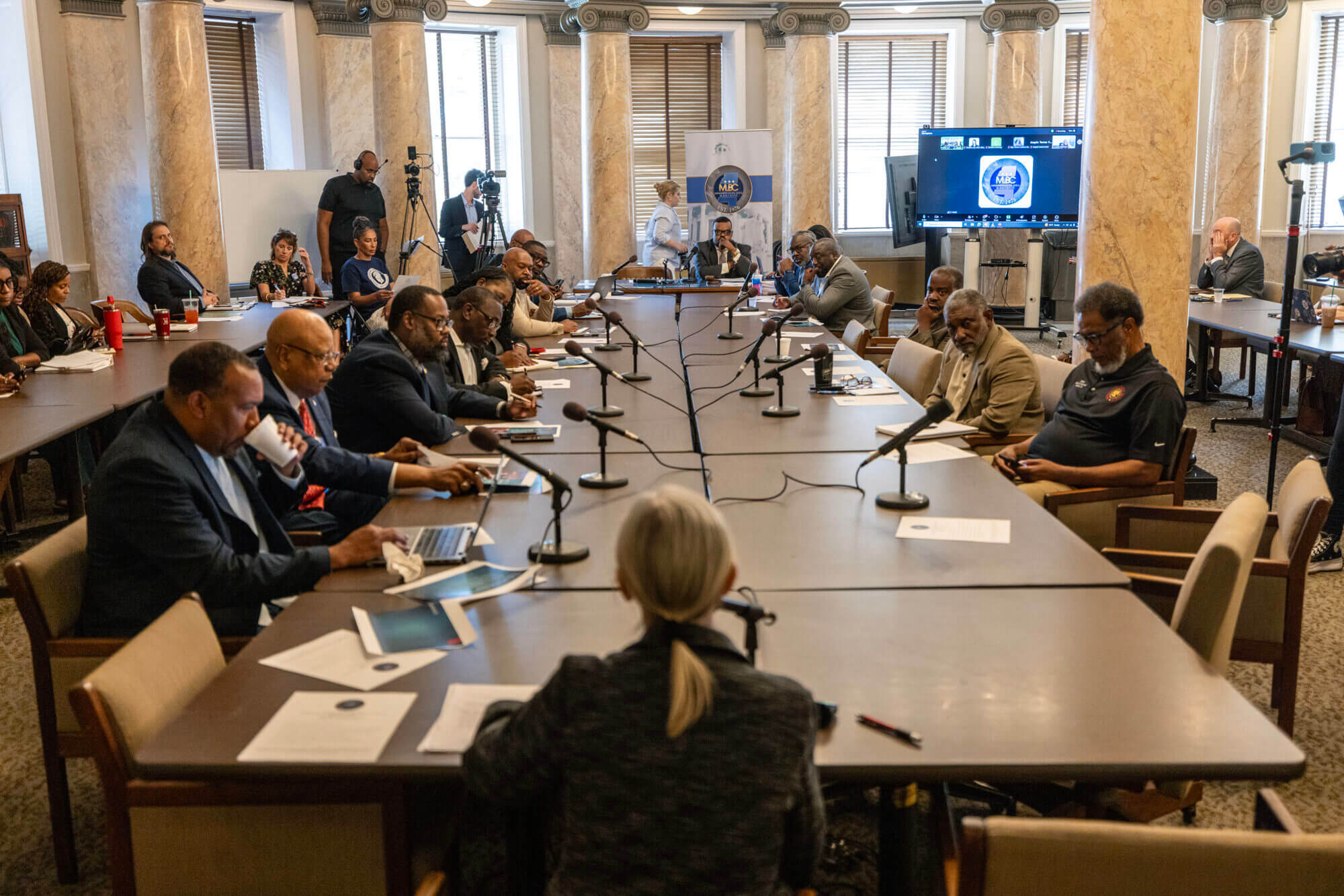
Changes to Medicaid disproportionately impact women, not only because women participate more often in the program – due to the wage gap and life events such as childbirth – but also because they are more often caregivers to those on Medicaid. Women are also the bulk of rural health care workers who could be impacted by hospital closures.
Those trends are even clearer in Mississippi, where nearly two-thirds of births are funded by Medicaid. That’s the second highest in the country.
While the law doesn’t change eligibility criteria for pregnant women, the spending cuts will trigger downsizing of many rural hospitals – and labor and delivery units are often the first to go when hospital budgets shrink.
Women in rural areas already have too few options for giving birth. Half of Mississippi’s counties are maternity care deserts, and the state Health Department recently declared a public health emergency for the state’s infant mortality rate – the highest in the nation.
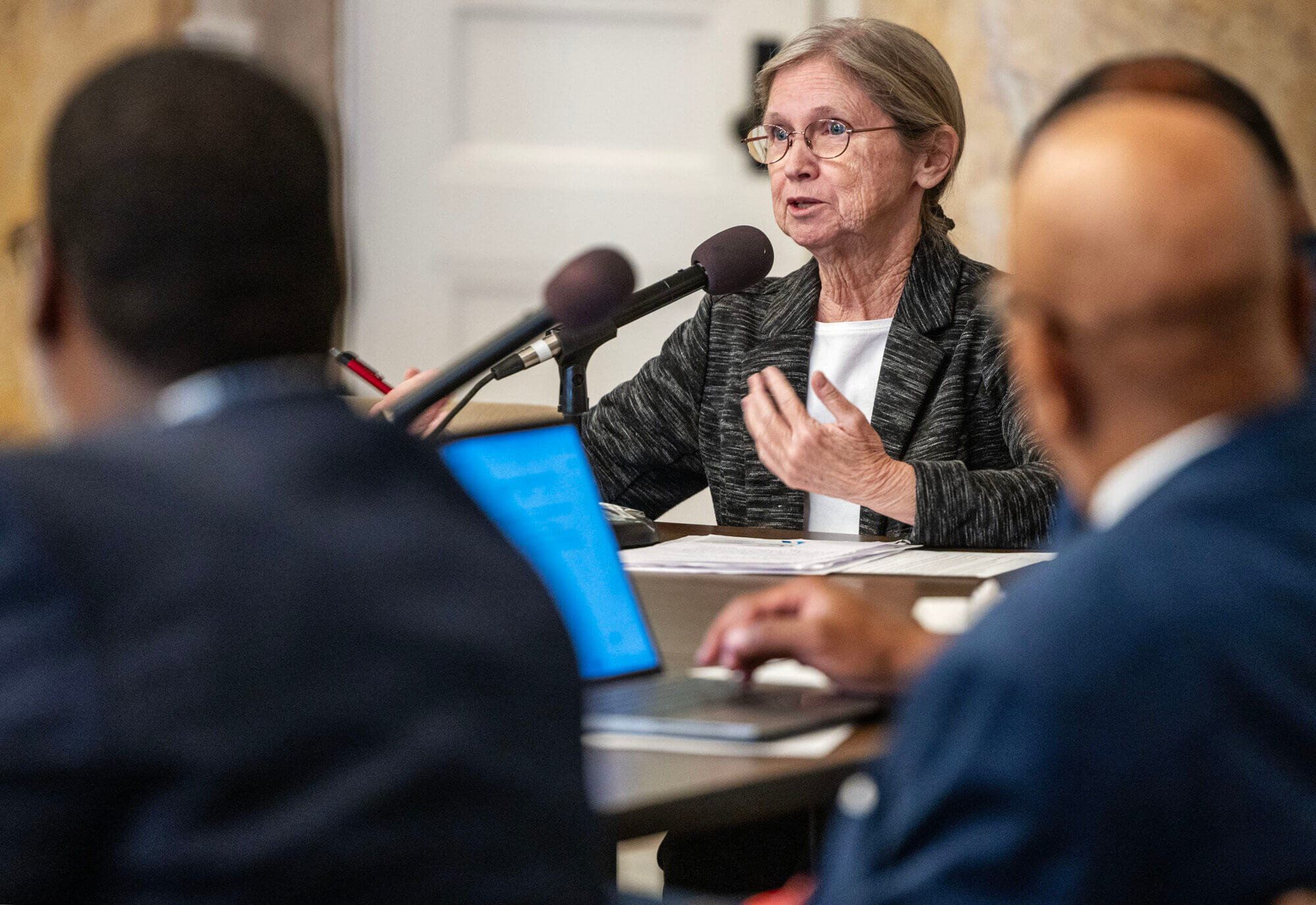
Many of the law’s provisions will disproportionately harm women, including pregnant patients, and children – even though it was touted as “family friendly,” said Megan Cole Brahim, a health policy researcher at Boston University.
“It makes it more difficult for eligible people to remain enrolled through more administrative burdens,” Cole Brahim said. “And secondly, it ultimately cuts funding available to states and forces states to make difficult decisions about who it will cover and what it will cover. It impacts the entire health care ecosystem.”
Fewer Mississippians will lose coverage than people in other states, but experts say that’s not a win. The main group losing coverage in other states are those Mississippi already doesn’t insure because it is one of 10 states that has not expanded Medicaid to the working poor.
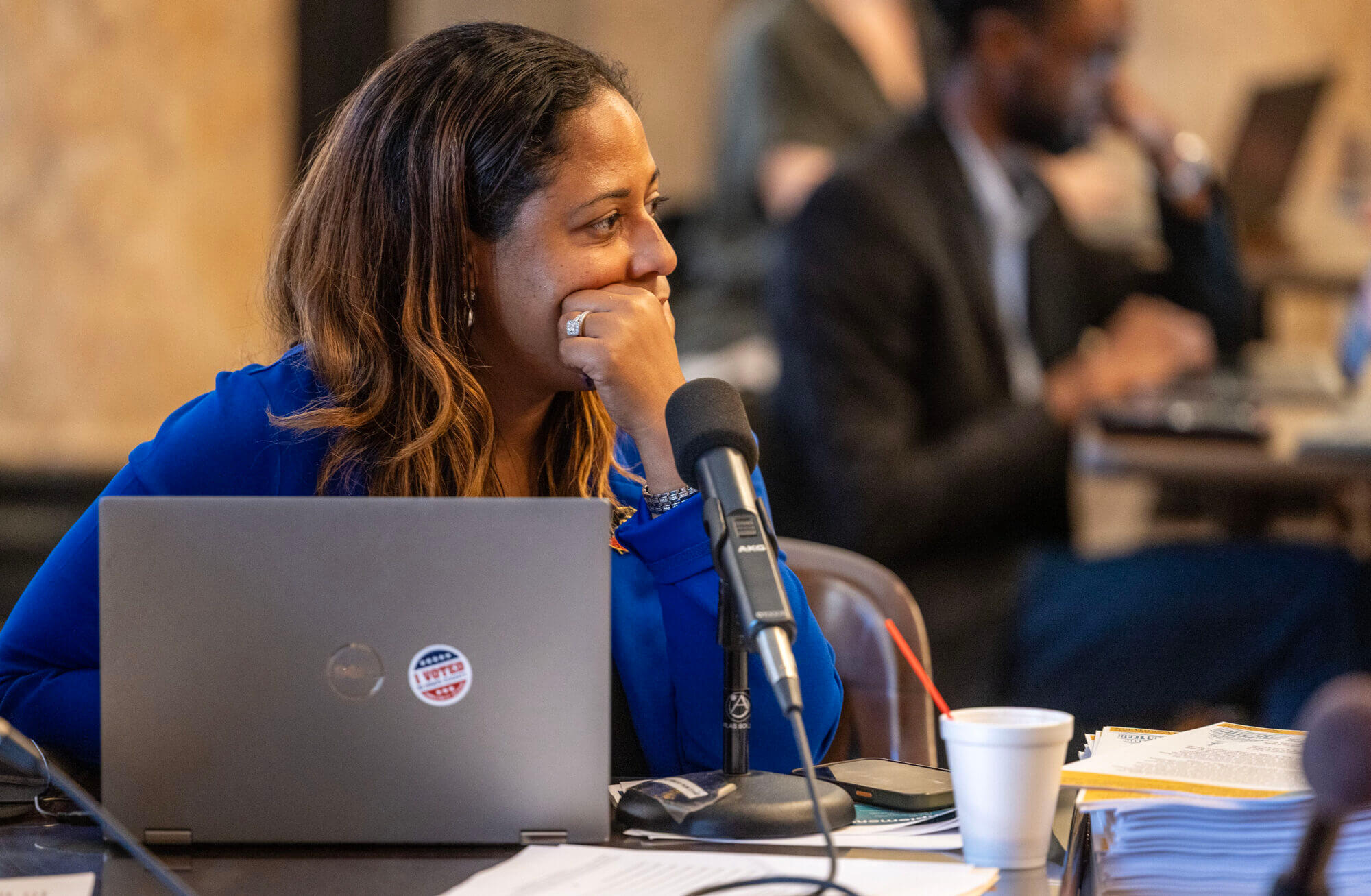
Credit: Eric Shelton/Mississippi Today
“The coverage losses will primarily be felt by those adults covered by Medicaid expansion – folks who are already shut out of coverage in a state like Mississippi that has not picked up expansion,” said Joan Alker, a Medicaid expert at the Georgetown Center for Children and Families.
Despite having among the strictest income requirements for Medicaid in the nation, Mississippi has one of the highest rates of Medicaid enrollees – a fact that reflects the number of poor people in the state.
To qualify for Medicaid, able-bodied adults in Mississippi must make less than 28% of the federal poverty level, a mere $7,000 annually for a family of three.
More than a quarter of child care workers nationwide are on Medicaid, and losing coverage or access to services may weaken the already tenuous child care workforce, speakers said Tuesday at the Capitol during a hearing hosted by the Mississippi Legislative Black Caucus.
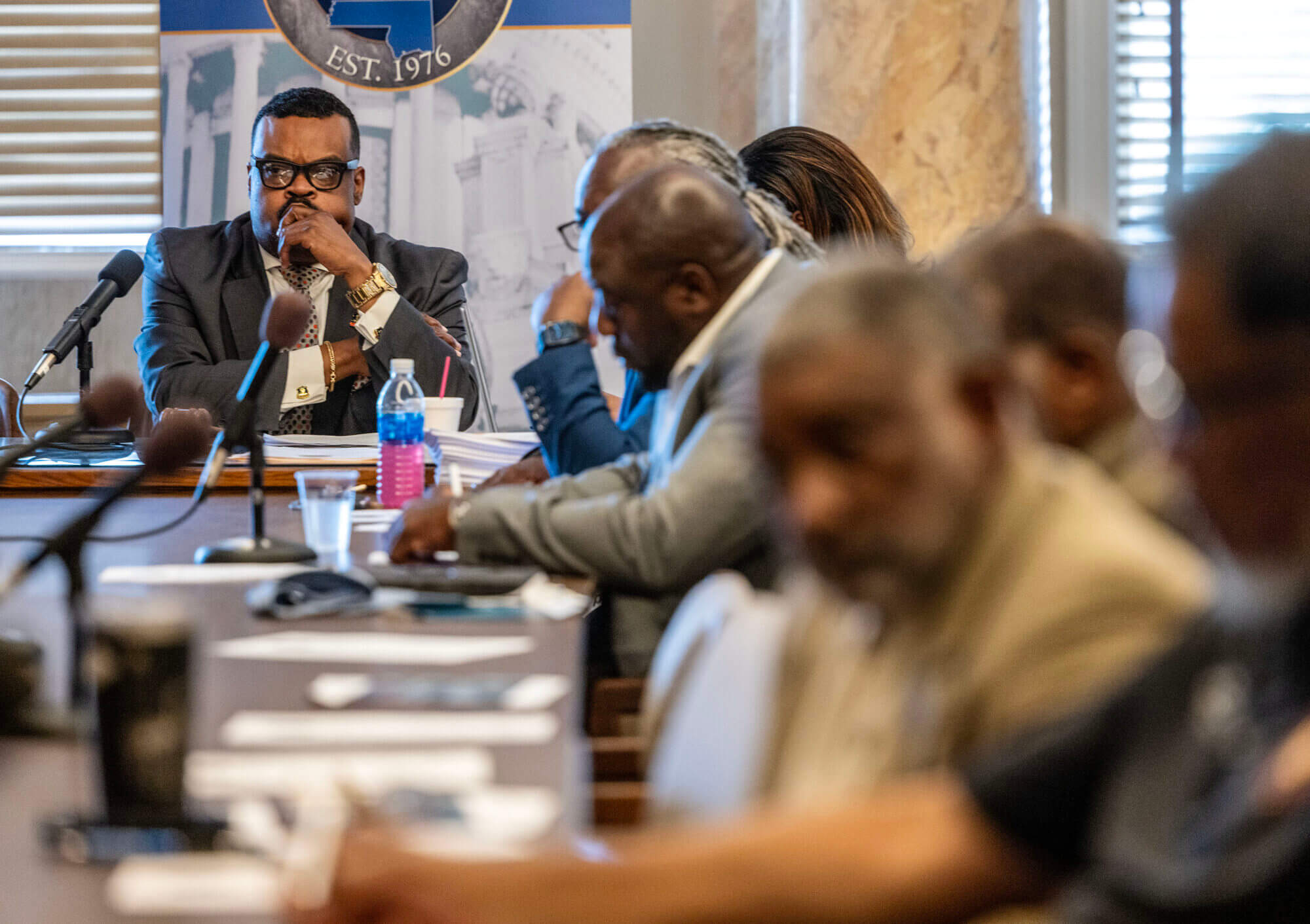
“The law’s cuts to Medicaid will hit the child care workforce particularly hard, and that is going to have major ripple effects,” said Ruth Friedman, who was director of the Office of Child Care in the U.S. Department of Health and Human Services during the Biden administration.
“Its unprecedented cuts to health insurance and food assistance and the mandates it places on states is going to make the child care crisis much worse for millions of families,” she said.
Cuts to the Supplemental Nutrition Assistance Program will be one of the most significant impacts to Mississippi’s budget, said Theresa Lau, senior policy counsel at the Southern Poverty Law Center.
“This law forces states for the first time to pay for SNAP benefits, which will shift billions of dollars in costs to states,” Lau said.
It will also expand work reporting requirements for the food assistance program, which Lau said kicks many eligible families off the program, especially in states like Mississippi, where many people live in rural areas without consistent internet access.
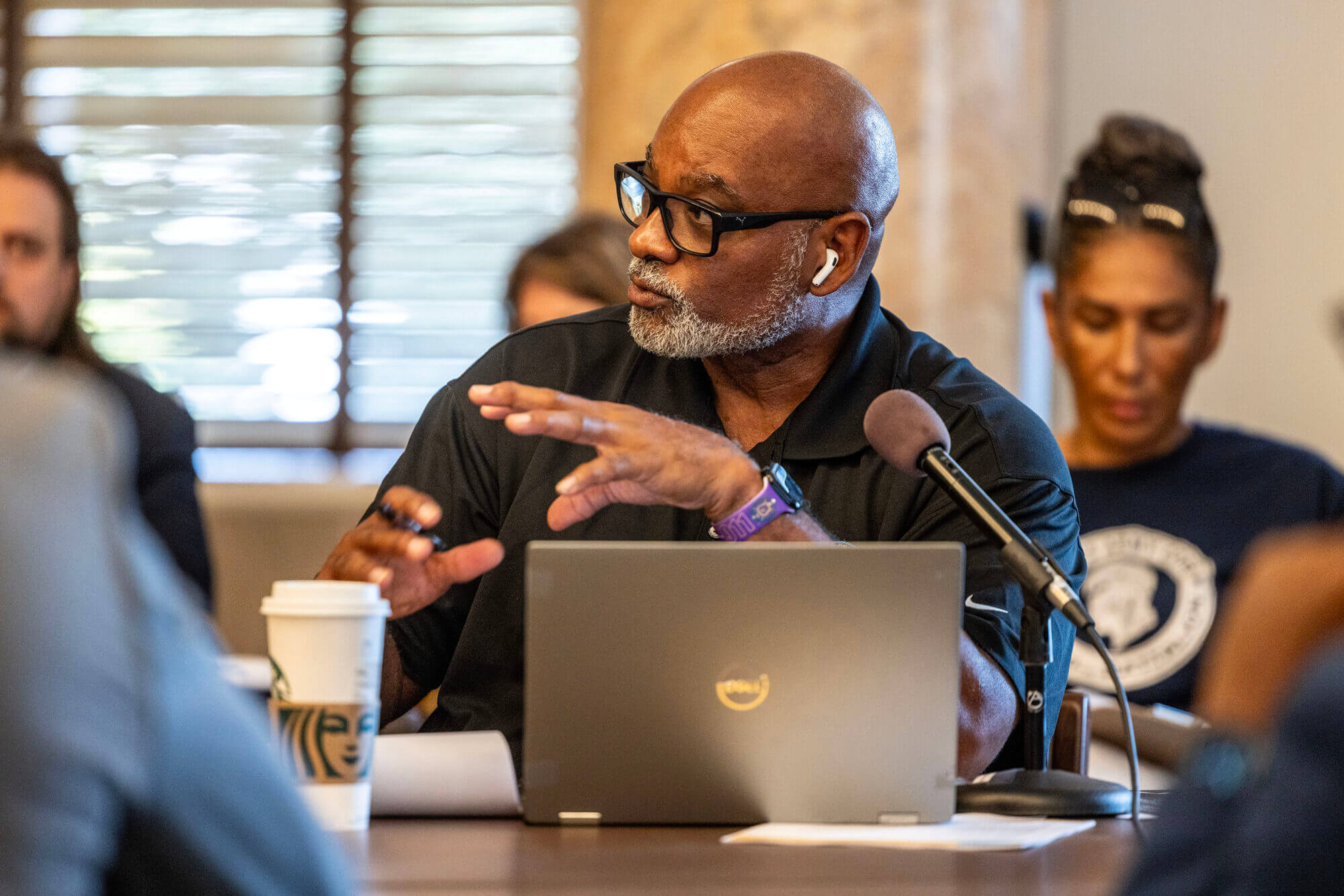
Caregiving responsibilities in the home fall primarily to women – not to mention 95% of child care workers nationwide are women.
Women also make up more than 80% of people working in rural hospitals who would be laid off as the facilities close under budget cuts.
The cuts to Medicaid will also affect nursing homes and residents. In a national survey this year, more than half of nursing homes said they would have to reduce staff under Medicaid cuts.
Cutting staff in an industry where 99% of facilities already don’t meet staffing requirements will have drastic repercussions on those served by and employed in nursing homes – both predominantly female.
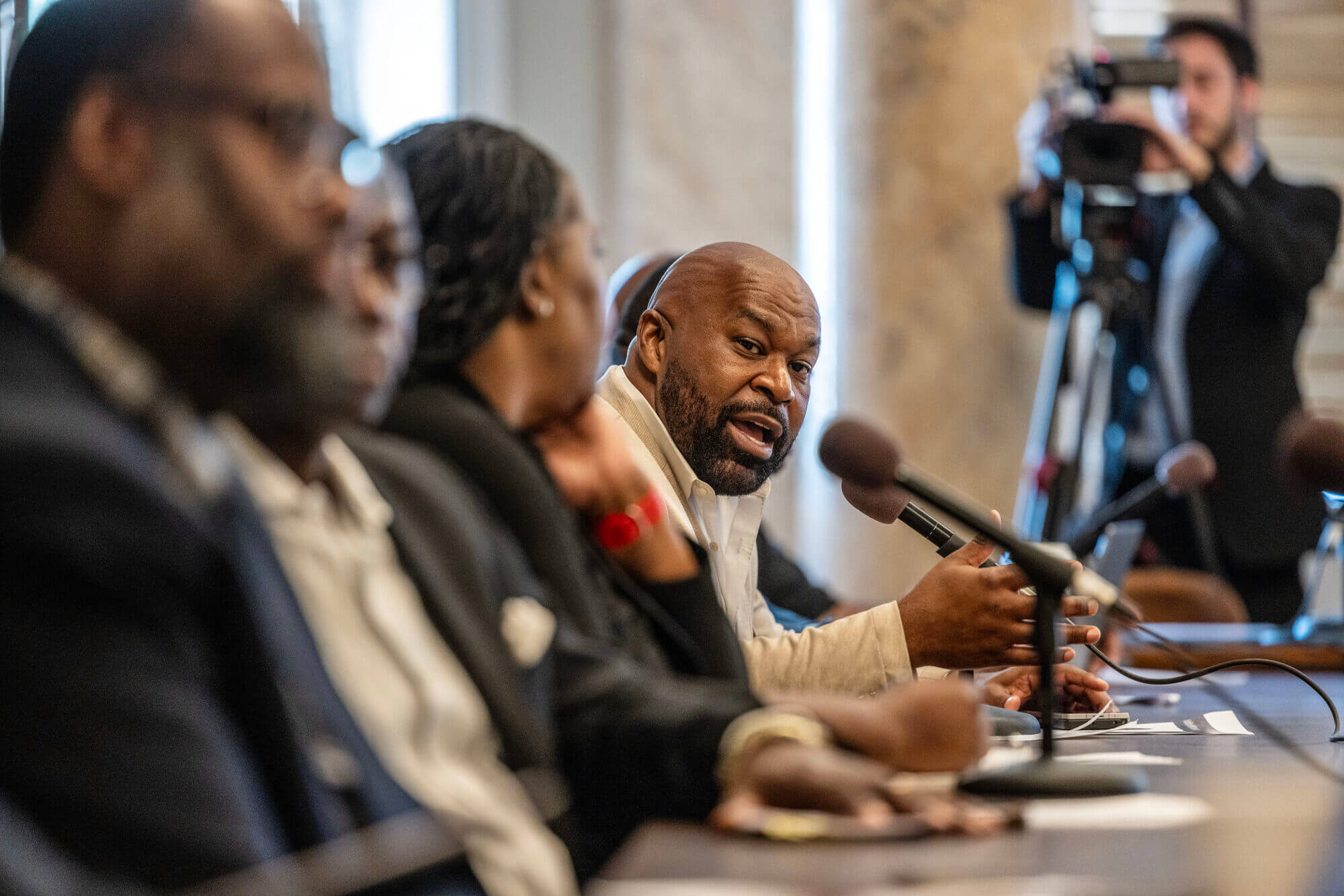
Conversation around the federal spending law signed by Trump highlights a major partisan rift. Both parties centralize their arguments around the concept of family, with Republicans capitalizing on rhetoric about “tax breaks for working families” and Democrats capitalizing on rhetoric about protecting the most vulnerable.
Democratic U.S. Rep. Bennie Thompson, who voted against the federal spending cuts, spoke to the Mississippi Legislative Black Caucus over video conference Tuesday and quoted the Rev. Martin Luther King Jr.
“‘We must accept finite disappointment but never lose infinite hope,’” Thompson said. “So I urge each of you here today to listen closely, pay attention to what is being said, and find your place in the fight for change.”
- Sen. Wicker writes to Kristi Noem opposing feared ‘ICE warehouse’ in Byhalia - February 4, 2026
- House votes to legalize online sports betting and divert $600M to pension system - February 4, 2026
- Lawmakers push bills to heighten transparency for rural health federal funding - February 4, 2026